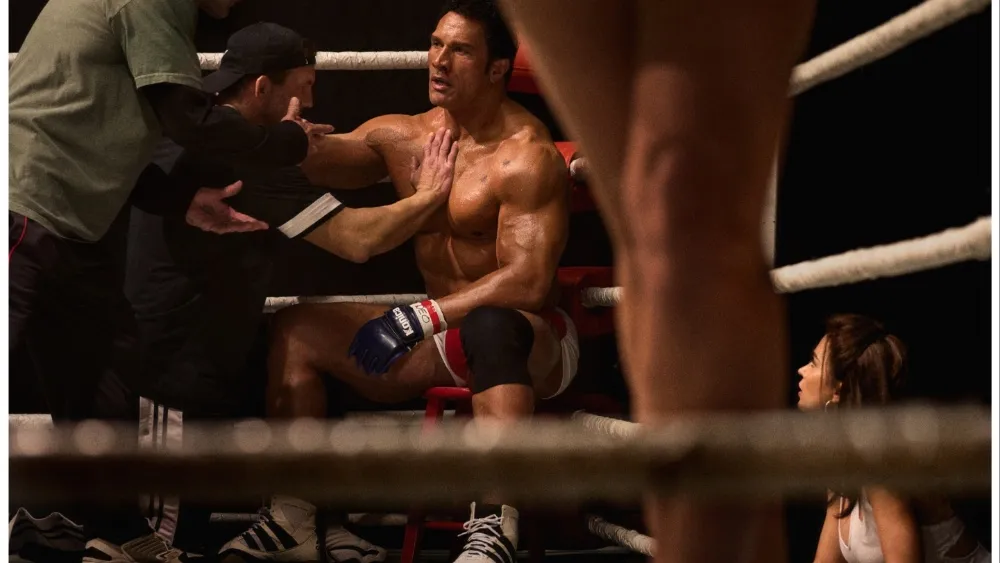
Fresh from a 15-minute standing ovation in Venice, Benny Safdie’s A24 wrestling drama “The Smashing Machine” has sparked major awards buzz, with hopes it could make WWE star Dwayne Johnson a serious contender for the leading actor Oscar.
Away from the incoming awards circuit, there are also hopes that it could do for wrestling what “Rocky” did for boxing, raising the bar in terms of quality and igniting a new era of high-profile, prestige films about the sport.
“It says to audiences, this is good enough for arguably the biggest star on the planet,” says Mark Shapiro, president and COO of TKO, which owns both UFC and WWE. “It says it’s meaningful for Benny Safdie, one of the hottest directors and best storytellers in Hollywood, and Emily Blunt, an award winner in high demand, who stops to do this film.”
Speaking to Variety from the sidelines of the IMGxRedBird Summit being held in the U.K., Shapiro points to “great, award-winning movies” from the world of boxing, including “Rocky,” “Million Dollar Baby” and “The Fighter,” and says “The Smashing Machine” could help give wrestling a similar moment on screen.
“It’s about to have that with ‘The Smashing Machine,’ for sure — and I think much more,” he says. “It just opens the door and widens the aperture of storytellers in search of emotional, human stories that viscerally connect with broader audiences.”
The film examines the life, career and personal struggles of former amateur wrestler Mark Kerr, considered one of the early pioneers of MMA fighting but largely unknown outside of the sport. For Shapiro, he’s one of numerous figures ripe for on-screen representation.
“We have a treasure trove of stories that are just waiting to be mined, and we’re bringing them more to the forefront and taking them to directors and writers that might have an interest,” he says, noting that it is “no longer a call-out business” and that, over the last two years, “we now have more folks knocking on the door.”
Looking more at wrestling itself, Shapiro claimed that the “The Smashing Machine” “really brings credibility to the WWE” and adds gravitas to the sport.
“For years, we’ve looked at it as scripted drama. It’s fun, it’s family and it’s made-up characters,” Shapiro says of WWE. “But the truth is, these are real big time athletes who suffer alone right from the same struggles and physical challenges as everyday athletes, and at the same time prevail and conquer and win as often as everyday athletes.”
And while the WWE already has a phenomenal global fanbase, a film like “The Smashing Machine” — likely to attract an audience who wouldn’t necessarily watch wrestling — could grow it even further.
“That for us is the headline. Our goal isn’t just to serve sports audiences. It’s to broaden our audiences into casual fans and into viewers who have an interest in emotional, moving, humanistic stories,” he says. “So you’re getting someone who walks away from that film emotionally moved, who then maybe pauses and says, ‘I want to go to a WWE event,’ or ‘I want to watch a WWE event.’ Without that film, they may never have been triggered to do that.”



